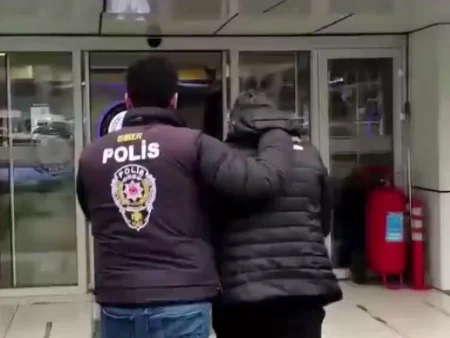China’s ministry of public security has shut down 100 black-market banks so far this year and arrested hundreds of people in a crackdown on illegal money exchanges.
In May, the MPS declared war on money changers, or huanqiandang, who offer high-interest cash loans to China gamblers.
At a 13 December press briefing, ministry officials announced the arrests of 846 people swept up in five raids linked to 100 “underground banks”, reports the China Daily.
Chen Shiqu, of the MPS criminal investigation department, said the banks were involved in transactions worth RMB80 billion (£8.68 billion/€10.472 billion/$11 billion).
The ministry has also identified 263 organisations suspected of related crimes, including fraud.
Post-pandemic spike
According to a special report in Macau Business, such operations have increased since the end of the Covid-19 pandemic. Macau shut down intermittently for almost three years during the crisis. In January 2023, when the borders reopened, gamblers returned in droves to its dozens of casinos.
Government figures show that police intercepted almost 12,000 people involved in illegal money exchanges last year, up a whopping 239% over 2022 and 41.3% over 2019.
Gaming law expert António Lobo Vilela called the surge “the elephant in the room that nobody wants to see. This growth is definitely linked to the void created by the disappearance of junkets, whose activity was worth something like $17 billion in 2019.”
These shady operations aren’t new, added lawyer José Abecasis. People are always “attempting to circumvent China’s restrictions on capital flows out of the country”, he said. But the activity flourishes in Macau, where gaming “is the main economic driver”.
Beyond casino doors
Officials say illegal money exchanges contribute to greater lawlessness, leading to theft, money laundering and illegal immigration. They also have spread beyond the gaming industry, infecting society at large.
Peng Peng, executive director of the Guangdong Society of Reform, told the South China Morning Post: “The illegal money-exchange business might have stemmed from the gambling industry, [but is now] a very common channel for corruption and illegal money outflow.
“To protect China’s financial security, tackle corruption and prevent the illegal outflow, the government needs to hinder” bogus banks.
In October, the Macau Legislative Assembly (AL) passed legislation making it a crime to run an unlicensed currency exchange. The amended Law on Combatting Gambling Crimes includes prison terms of up to five years for offenders. Individuals convicted of such crimes could be banned from entering city casinos for up to a decade.
Original Article















